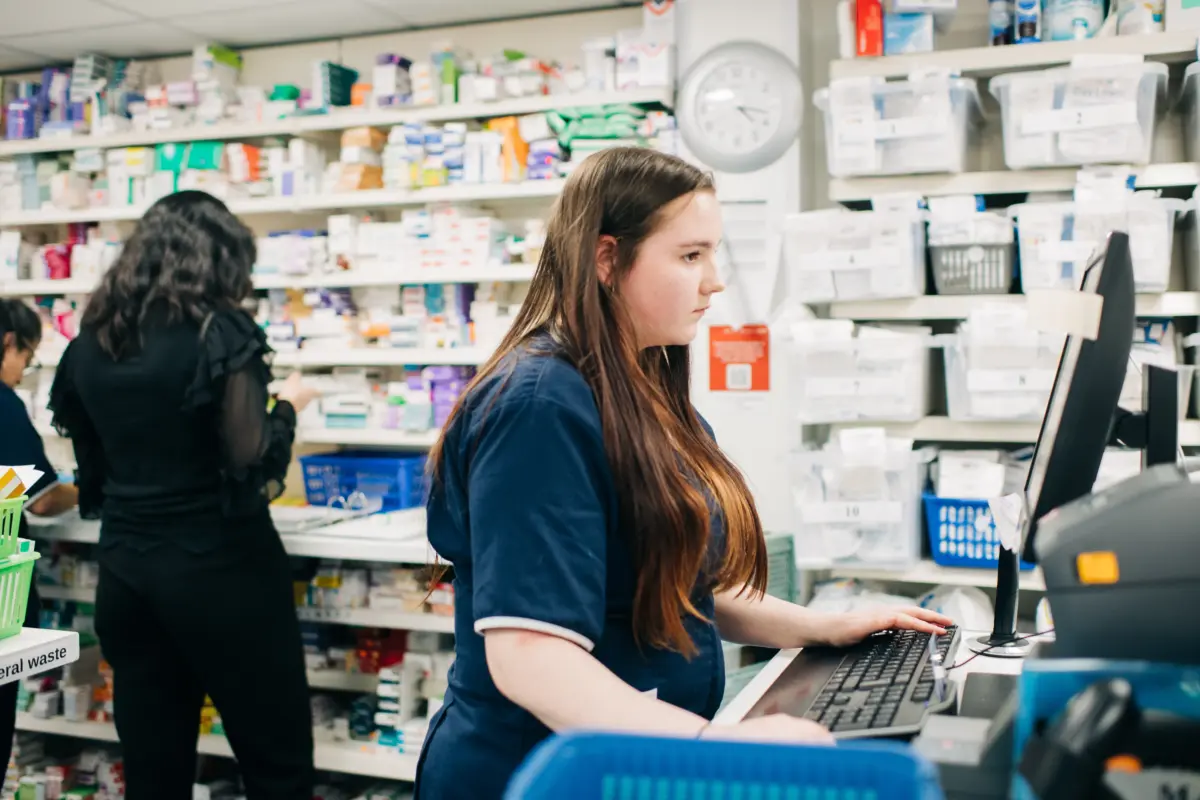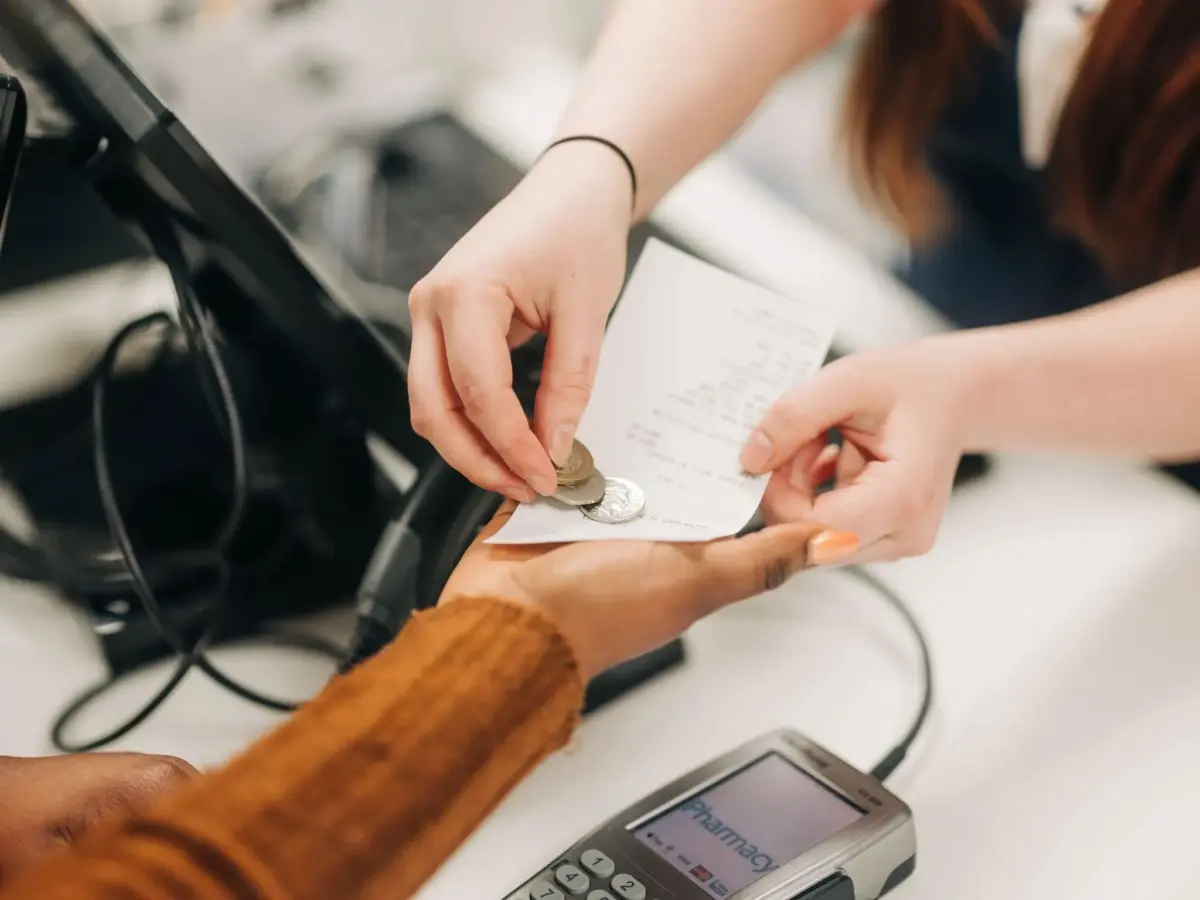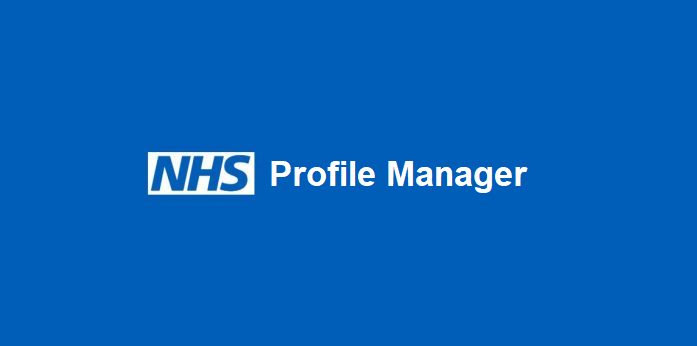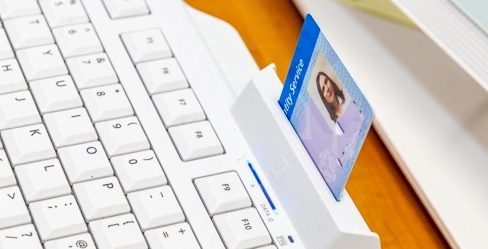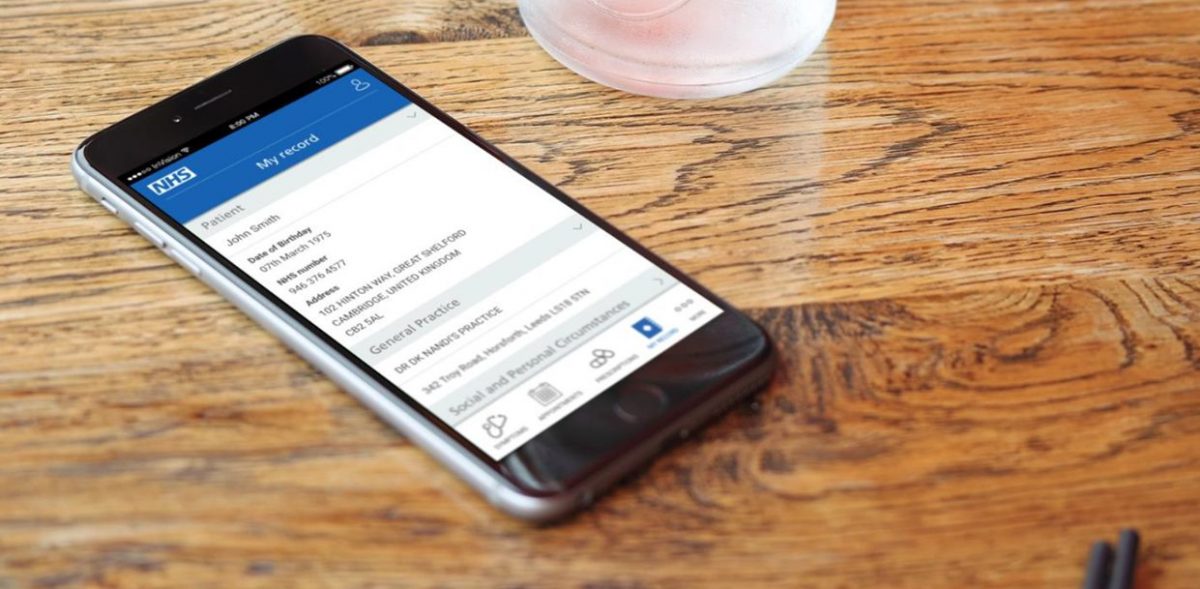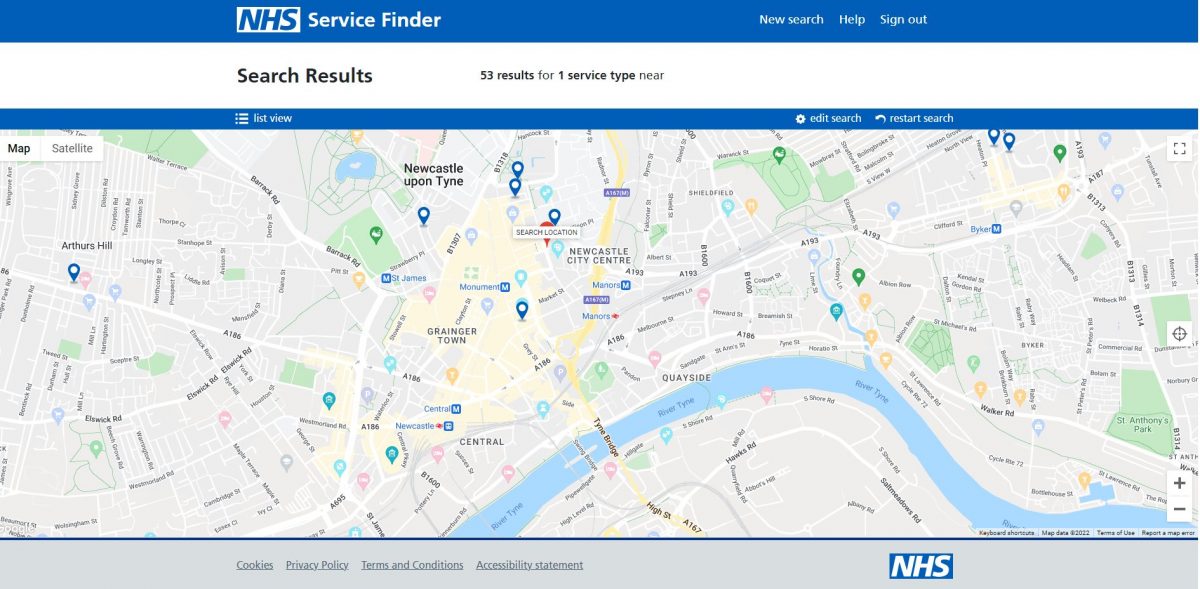Going paperless (IT)
Published on: 6th April 2021 | Updated on: 17th October 2023
 The NHS previously set out a public ambition to go paperless, which aims to eventually eliminate paper at the point of care and support digital evolution. Whilst the target dates for a paperless NHS have previously been extended, the ambition for a paperless vision remains.
The NHS previously set out a public ambition to go paperless, which aims to eventually eliminate paper at the point of care and support digital evolution. Whilst the target dates for a paperless NHS have previously been extended, the ambition for a paperless vision remains.
Community Pharmacy IT Group (CP ITG) identified supporting the ambition of using less paper across community pharmacy as a priority objective.
This webpage for pharmacy contractors and teams sets out considerations to assist the journey towards a more paperless pharmacy model.
Electronic CD registers
Pharmacists may keep Controlled Drug register electronically (as an alternative to having a bound-book CDs register) if they wish to do so.
Every computerised entry must be attributable and capable of being audited. CD registers may only be held in a computerised form if safeguards are incorporated into the software to ensure all of the following:
- the author of each entry is identifiable;
- entries cannot be altered at a later date;
- a log of all data entered is kept and can be recalled for audit purposes;
- access control systems should be in place to minimise the risk of unauthorised or unnecessary access to the data; and
- adequate backups must be made.
Read about CD record keeping requirements at: Community Pharmacy England’s Controlled Drug regulations webpage.
Electronic Controlled Drug register suppliers may provide a data processing service and some will complete the Data and Security Protection Toolkit (DSPTK) from a supplier perspective.
See the “Electronic CD registers” section of the “Supplier list” webpage.
EPS CD paperless processes
It remains best practice guidance to record the details of the person collecting the CD prescription item. Some contractors record this in their PMR to reduce paper use and some still use the EPS dispensing token (FP10DT) and such tokens can be sent to the Pricing Authority, as appropriate.
Read more: EPS CDs.
You may have stored many paper documents over the years. However, there may be opportunities to increasingly store documents digitally instead and some related tips are set out below.
Top tips
Consider:
- backup solutions for digital documents on your PMR data and for your computer files (in case the computer breaks);
- Antivirus software to protect your computer and its files from viruses;
- your procedures for retaining and disposing of digital and paper document; and
- transferring paper documents into a digital format using a flat bed or other scanner.
Use of the EPS prescription queue
Some PMRs enable the on-screen prescription queue to be sorted in many ways, e.g. clicking/tapping a column-heading sorts the EPS prescriptions by status, downloaded, date, NHS number, eRD/non-eRD etc.
Pharmacy teams may consider manipulating the queue to enable use of the screen as an alternative to use of an EPS paper token, where appropriate standard operating and clinical procedures are in place.
EPS barcode usage
The EPS barcode has enabled some pharmacy contractors to reduce the amount of paper in the pharmacy, e.g. using barcode stickers as an alternative to EPS paper tokens.
EPS paperless processes
A CP ITG paperless working group produced an example process and workstream update:
- EPS paperless process example (Word version);
- EPS paperless process example (pdf version); and
- CP ITG workstream update: Paperless and related next steps.
EPS tokens (digital)
Some GP practice apps might display EPS barcodes and related identification numbers but may do so without those digital tokens having been formally approved by NHS Digital, given that the current Token specs outline paper requirements.
NHS Digital with support from Community Pharmacy England and CP ITG continues to pursue the development of digital token specification.
Read more at: Tokens and IT requirements.
EPS tokens (other work)
Community Pharmacy England and Department of Health and Social Care (DHSC) are discussing the remaining need for the regulatory requirement that requires the patient or representative to sign a declaration on a prescription form or EPS token when they pay an NHS prescription charge.
EPS future
CP ITG collated views about the priority items which could help: EPS to become more paperless; and NHSX missions plus CP ITG’s vision to be progressed. NHS Digital continue to explore future enhancements.
Read more: Views on the next generation of EPS
Before email became a common way to send messages, fax transmissions were the most popular way to deliver and send written communication quickly and electronically.
The continued growth of email and other electronic means of sharing data is leading towards the removal of faxes in the NHS once alternative processes are in place.
Contractors operating a more paperless model have considered whether some of those factors below are feasible in their pharmacy:
- Desktop terminal(s), if present can each be linked to more than one large monitor, if there is space;
- Barcode scanners for use at the counter (wired or wireless) and/or handheld smartphone devices at the counter with scanning capability and relevant apps plus Patient Medical Record (PMR) interoperability;
- Handheld smartphone devices for dispensary use (with picking list information);
- The terminal at the counter linked to the clinical system;
- Touchscreen screens and pharmacy team apps designed for touch use;
- Reliable WiFi;
- Router replacement cycles so that the router enables adequate internet speeds; and
- A flat bed or other scanner.
Space and other limitations mean few pharmacies can achieve all of the above, but some contractors are starting to use handhold devices linked to their PMR.
As technology improves and the NHS begins to incorporate more digital systems, pharmacy teams will start to benefit more from using mobile devices in their pharmacy premises – e.g. laptops, tablet devices and smartphones.
These mobile devices may be owned by the contractor or multiple head office, and some contractors may implement ‘bring your own device’ policies.
Work is being undertaken so that mobile devices can be more integrated with PMR and NHS systems, and so that the burden of using systems to record and view information is reduced. Mobile device usage has the potential to reduce paper in the pharmacy.
Read more: Using mobile devices within pharmacies.
Use Microsoft Teams (available as part of NHSmail) to help you collaborate with staff from nearby health and care organisations so that there is lesser need for use of faxes, letters and old style phone calls.
Read more: Briefing: NHSmail account upgrade and MS Teams.
NHSmail and NHSmail MS Teams access provides a helpful communications method which could be an alternative to some of the fax/phone communications (professional to professional) currently being conducted.
See: NHSmail.
Direct notifications can be communicated between clinical IT systems (e.g. from pharmacy system to GP practice system) to improve patients’ experiences and care outcomes, and to bring other health-related benefits.
These electronic notifications are currently available for the urgent supply of medicines made as part of the Community Pharmacist Consultation Service (CPCS) and pharmacy administered flu vaccinations.
Read more at: Notifications to GP practice systems
Mobile device and computer apps are software applications, usually designed to run on smartphones and tablet devices.
Patients are increasingly seeking apps with pharmacy features such as:
- notifications about when medicines can be collected or will be delivered;
- booking pharmacy appointments and receiving appointment reminders; and
- ability to set choices about care or their patient data.
Patients that use apps to help manage and order their medicines (e.g. NHS App) are still sometimes needing to consider requesting a paper record. App developers and prescribing/dispensing suppliers may provide this information already to patients via app, text message or email.
Read more at: Apps.
Real Time Exemption Checking (RTEC) allows pharmacy teams to digitally check if their patients are eligible for free NHS prescriptions because they hold specific exemptions.
Pharmacies already using RTEC report that it saves staff time and because a patient that is found to be exempt via RTEC does not need to complete an exemption declaration on an EPS token, it reduces the use of paper, decreasing the risk of transmission of infection during the COVID-19 pandemic.
Contractors that have not yet registered should apply now to use RTEC to:
- prevent a delay with being able to benefit from using it once your PMR supplier can make the feature available to you; and
- demonstrate that you would like to receive the feature if it is not already available for you.
As of late March 2021 around half of contractors had registered, with more doing so each week.
Ensuring you use NHSBSA’s Manage Your Services (MYS portal) each month facilitates more paperless submission.
You can also pursue paperless reconciliation methods:
- Download electronic Schedules of Payment each month for your records – these make analysis easier.
- Download the for your records each month – see Step-by-step guide to getting Prescription Item Reports. Some specialist IT suppliers may also be able to use these Prescription Item Report spreadsheet files to assist more advanced reconciliation.
Community Pharmacy England is talking to Department of Health and Social Care (DHSC) about the benefit with considering future more paperless methods of submission.
IT case study: Sheffield pharmacy goes paperless
One of the ironies for many pharmacy contractors is the increased use of paper in community pharmacy which has followed the widespread use of the Electronic Prescription Service (EPS), but one Sheffield pharmacy team has succeeded in adopting a paperless process, so they don’t print EPS tokens for all scripts.
How did they do it?
The team at Foxhill Pharmacy now dispense around 16,000 prescriptions each month using a paperless EPS operating model, but this didn’t happen overnight.
They started by agreeing a shared ambition to process EPS prescriptions without using paper. Over several months, they continuously captured feedback about the process challenges and shared this with their Patient Medication Record (PMR) system supplier so that refinements could be made to the PMR system to better support paperless operations.
The contractor also reviewed and adjusted the number of computers and mobile devices available in the pharmacy for prescription processing.
The pharmacy team worked to refine their operating procedures, including using their PMR system (Titan (Invatecg Health) *) to display on mobile devices the medicines needing to be picked for individual prescriptions. They pick the required medicines in baskets, to which barcode labels are attached.
The team actively manages the on-screen prescription queues to see what needs to be processed first following EPS prescription downloads. They also use Real Time Exemption Checking (RTEC) to reduce the need for patients to sign exemption declarations on EPS tokens and they use NHSmail instead of faxes for communicating with general practices and others.
The benefits
The pharmacy team have reported their new model brings a range of benefits including:
- improvement of dispensing accuracy through use of barcode technology;
- better control of business and workload activities;
- time saved for the pharmacy team; and
- the pharmacist can better focus on provision of services to patients.
Commenting on the benefits, Khizer Qureshi, Superintendent Pharmacist said:
“The direct benefits are many and a knock-on benefit with paperless EPS was that the journey has helped the development of the wider pharmacy team to enhance their IT and clinical skills. We would encourage other pharmacies to also explore the opportunity for refining their processes to remove more and more of the paper. We are now free of clutter and I am using the time saved to develop my services to patients, such as flu vaccinations. The change in our operating model has enabled us to feel better organised with everything flowing through the process more freely and the team now feel more engaged in the business.”
*Note: Community Pharmacy England does not endorse the products of individual PMR suppliers.
How can you start to move to paperless EPS operation? You could start by considering the following:
- Explore how to optimise your IT set-up in the pharmacy, including the ability to use mobile devices and access to WiFi.
- Consider introducing a ‘bring your own device’ policy;
- Register for Real Time Exemption Checking (RTEC) using MYS to receive the feature without delay once your PMR can roll it out to you;
- Use Microsoft Teams (available as part of NHSmail) to help you collaborate with staff from nearby health and care organisations;
- Download electronic Schedules of Payment and electronic Prescription Item Reports each month for your records and to help with analysis of your business;
- Submit your monthly prescription bundle electronically using the NHSBSA’s Manage Your Service (MYS) portal (over half of contractors are already doing so);
- Use backup solutions for digital documents on your local computer (in case the computer fails);
- Transfer paper documents you receive into a digital format for storage, using a flat bed or other scanner;
- Support local campaigns that seek to replace fax usage in health and care organisations by using NHSmail and alternative electronic options; and
- Get access to your NHSmail in the Outlook mobile app so that you have the option to be notified if a new email arrives in your shared pharmacy mailbox.
Further info
If you have queries on this webpage or you require more information about this topic, please contact it@cpe.org.uk.
Getting involved: Community Pharmacy England and the Community Pharmacy IT Group would like to hear about your experiences of the journey towards paperless operations. Contact it@cpe.org.uk if you would like to provide feedback or take part in piloting paperless operations.
Return to the Pharmacy IT hub; Technology, infrastructure & workflows or IT a-z index

